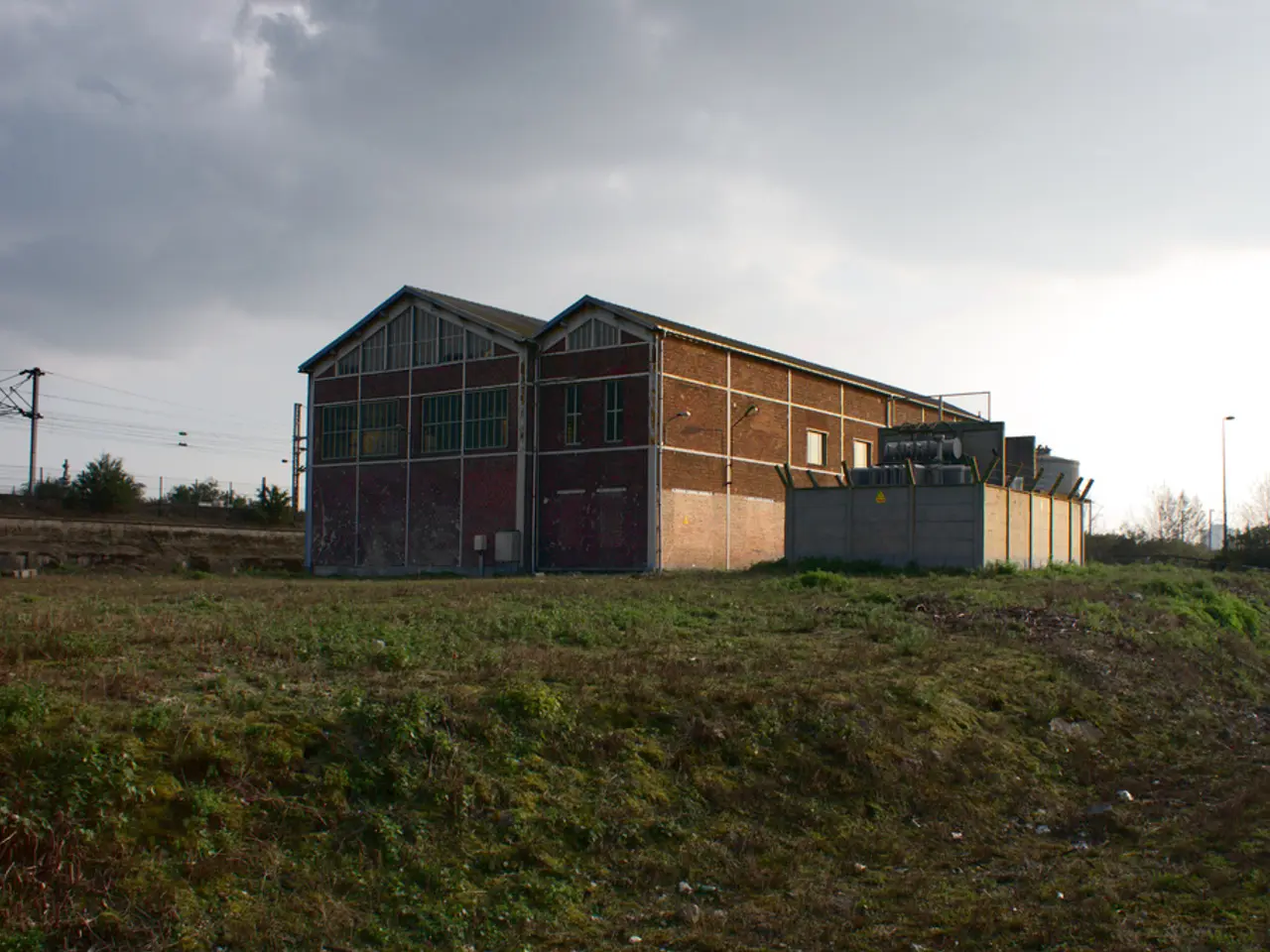Government gives green light for power bill reductions for homeowners and businesses
The German government has announced a series of relief measures aimed at easing the burden on electricity customers, following rising energy costs.
One of the key components of these measures is a reduction in network charges for private households. According to estimates, a family could save up to 100 euros a year on their electricity bills due to these measures.
However, the government's decision to not reduce electricity tax for everyone, as promised in the coalition agreement, has sparked controversy. Business associations and trade unions such as IG Metall, DGB, and the Central Association of German Crafts, have expressed their disapproval.
IG Metall, in particular, has demanded a competitively priced industrial electricity price for energy-intensive industries as soon as possible. Without this relief, they warn that thousands of jobs in the steel industry and other sectors could be lost permanently.
The SPD (Social Democratic Party of Germany) has joined the chorus, demanding that the IG Metall speaker immediately introduce a competitive electricity price for profitable industries. Meanwhile, DGB board member Stefan Körzell has stated that while the network charge subsidy could reduce electricity prices, a reduction in the electricity tax for all consumers is demanded.
Jörg Dittrich, President of the Central Association of German Crafts, has expressed a massive breach of trust regarding the federal government's decision. He believes that the government is not keeping its promises, leading to a lack of confidence among businesses and consumers.
Despite the criticism, Minister of Economics and Energy, Katherina Reiche (CDU), described these measures as good news for electricity customers in Germany. She emphasised that the relief for businesses in the manufacturing sector and agriculture will be made permanent.
It's important to note that there may be significant regional differences in the implementation of these relief measures. The federal government plans to provide a subsidy of 6.5 billion euros for transmission network operators next year, which should lead to a reduction in network charges for private households.
The political landscape remains divided over these relief measures, with calls for federal involvement in electricity transmission networks growing louder. As the situation evolves, it's clear that the German government faces a challenging task in balancing the needs of various stakeholders while addressing the ongoing energy crisis.
Read also:
- Peptide YY (PYY): Exploring its Role in Appetite Suppression, Intestinal Health, and Cognitive Links
- Toddler Health: Rotavirus Signs, Origins, and Potential Complications
- Digestive issues and heart discomfort: Root causes and associated health conditions
- House Infernos: Deadly Hazards Surpassing the Flames








